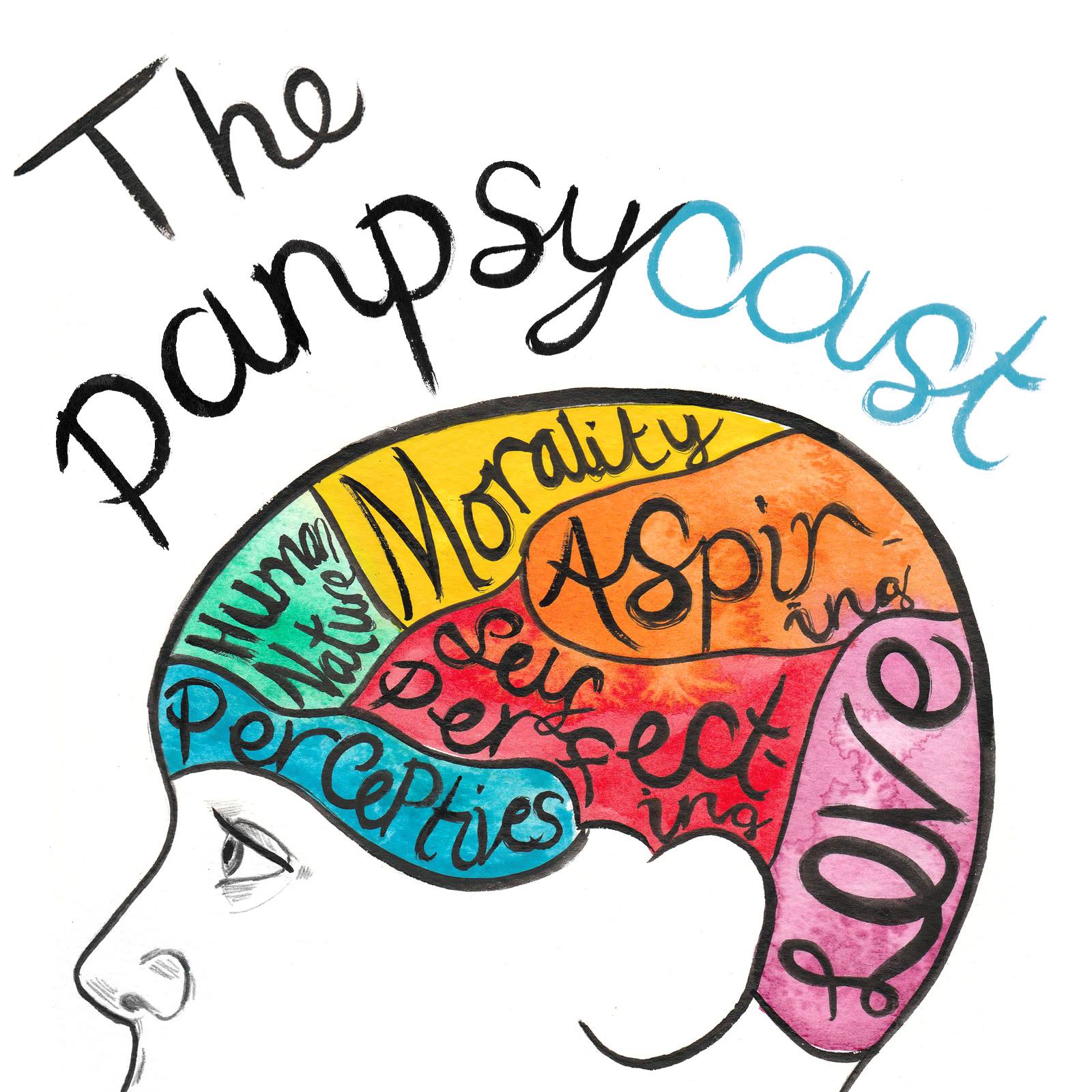Welcome to Episode 41 (Part I of II), where we will be discussing Christian B. Miller's latest book, The Character Gap.
Bringing together contemporary psychology and moral philosophy, the work of Christian B. Miller in character education has been tremendously influential. Christian Miller is the A.C. Reid Professor of Philosophy at Wake Forest University and the Director of the Character Project funded by the John Templeton Foundation and the Templeton World Charity Foundation. As well as publishing over 75 papers, Professor Miller is the author of Moral Character: An Empirical Theory, Character and Moral Psychology, and The Character Gap: How Good Are We? In today’s interview, we’ll be talking to Professor Miller about his latest book, The Character Gap. In his own words:
Here is the predicament that most of us seem to be in. We are not virtuous people. We simply do not have characters that are good enough to qualify as honest, compassionate, wise, courageous and the like. We are not vicious people either – dishonest, callous, foolish cowardly, and so forth. Rather, we have a mixed character with some good sides and some bad sides. This, I have claimed, is the most plausible interpretation of what psychology tells us. It is also true to our lived experience in the world. Those are the facts as I see them. Now comes the value judgement – this is a real shame. . . Excellence of character, or being virtuous, is what we should all strive for.
The file size is large, please be patient whilst the podcast buffers/downloads/allows you to cultivate the virtue of patience
Part I. The Character Gap
Part II. Further Analysis and Discussion
Reading and References
Moral Character: An Empirical Theory - Christian B. Miller
Character and Moral Psychology - Christian B. Miller
The Character Gap: How Good Are We? - Christian B. Miller





